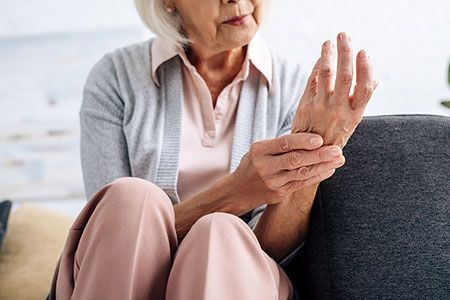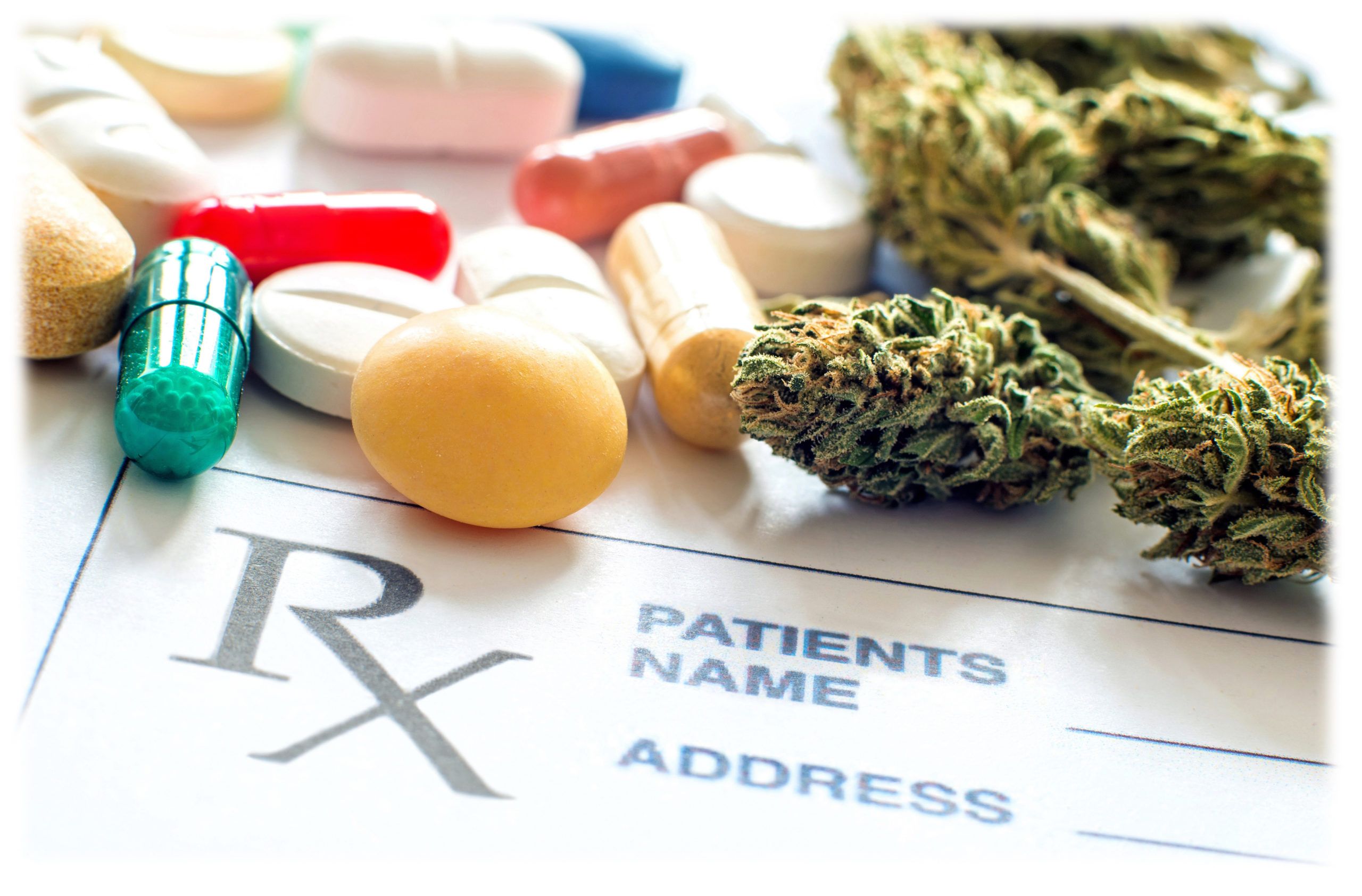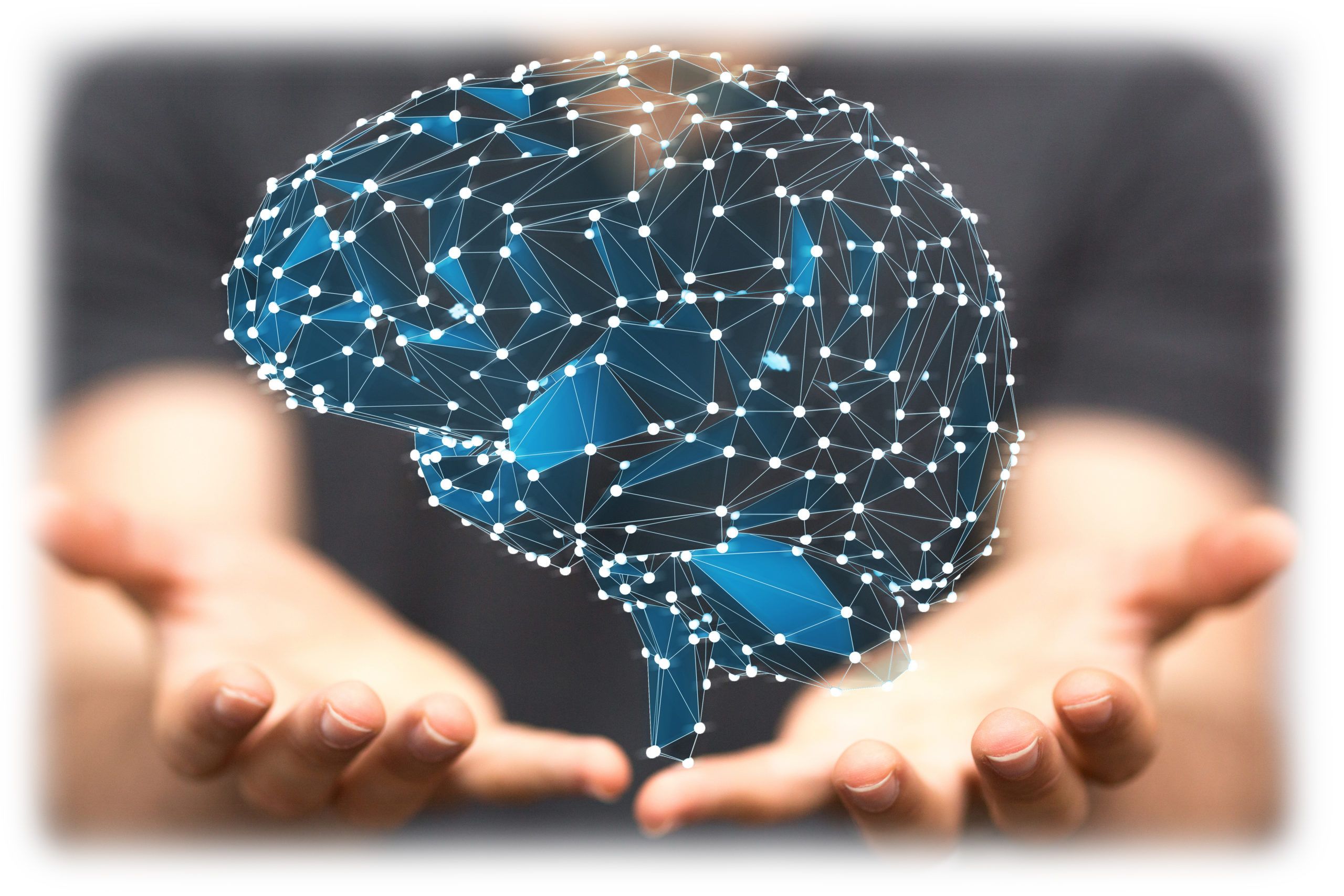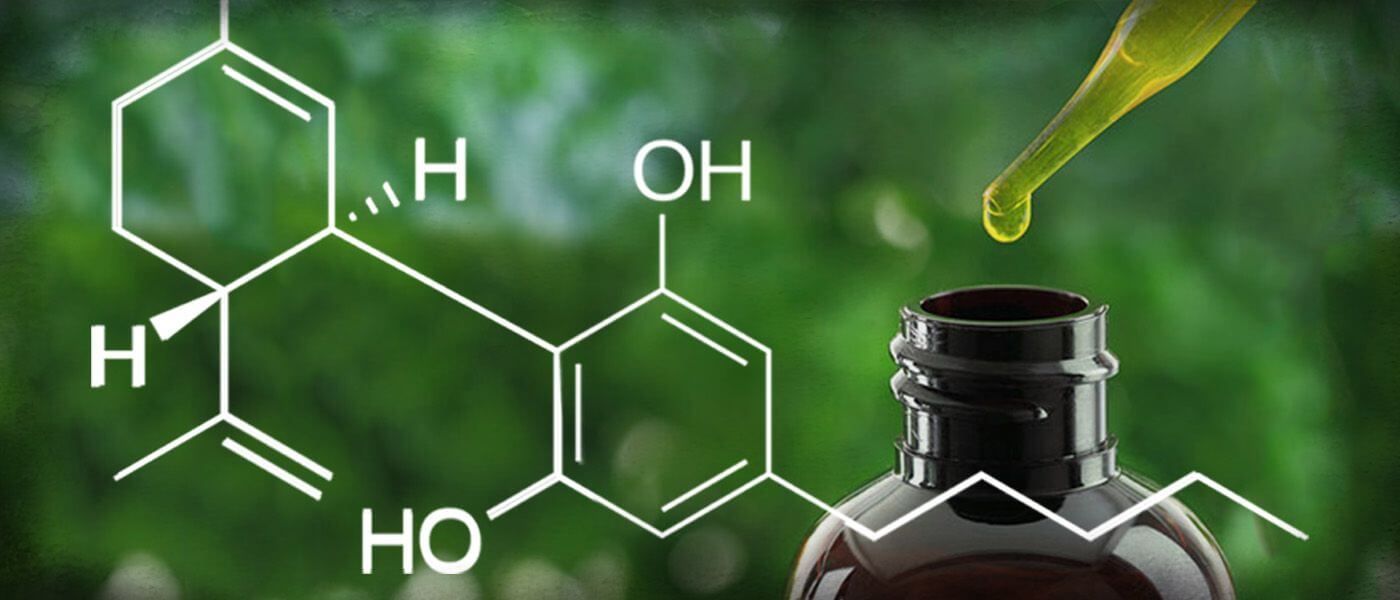Benefits of CBD & THC to Help with Arthritis Pain Relief
[et_pb_section bb_built=”1″][et_pb_row][et_pb_column type=”4_4″][et_pb_text]
What is Arthritis?
Affecting over 50 million people a year, arthritis is the leading cause of disability in the United States. The two most common types include:
- Rheumatoid Arthritis, a chronic progressive disease that causes major inflammation in joints leading to immobility, painful deformity, and swollen, stiff joints in the feet, wrists, fingers, and ankles.
- Osteoarthritis, a degenerative disease that causes pain and stiffness in joint cartilage and bones affecting mostly the hip, knees, and thumb joints.
Most people ages 25-45 suffer from the symptoms of swelling and intense pain brought on by the inflammation.
What causes Arthritis?
In the case of Rheumatoid Arthritis, an autoimmune disease, the body’s immune system attacks normal tissue while invading pathogen caused inflammation. This inflammation damages the lining of the joints, spreads to the cartilage and bone, and gradually causes immobility and deformity through its destruction.
Factors such as smoking, obesity, environmental exposures, age, and family history may all increase someone’s risk of developing rheumatoid arthritis.
Osteoarthritis occurs when the protective cartilage on the ends of your bones wears down over time due to deteriorating cartilage. The risk of osteoarthritis increases with age. Other contributing factors include obesity, joint injuries, and physically demanding occupations.
How does CBD & THC help?
Recent studies have shown that the entourage effect of CBD & THC can help relieve the symptoms of chronic pain brought on by arthritis. Results showed that CBD oil treatment effectively slowed down the progression of rheumatoid arthritis and created significant improvements in pain and inflammation for osteoarthritis patients.
As we know, both CBD and THC are pain-relieving agents; the medicinal use of cannabis is shown to fight inflammation in nerves and joints by activating the pathways of CB2 receptors. There are also immune-boosting functions of CB2 that are activated by the proper use of CBD, which enables it to help autoimmune conditions like rheumatoid arthritis, and also allows it to moderate the intoxicating effects of THC during the entourage effect (the effect chemicals can have on the human body only through combination).
While more research must be done, findings so far have been encouraging. Let us know your thoughts and check back to learn more about other ways CBD can benefit you.
[/et_pb_text][/et_pb_column][/et_pb_row][/et_pb_section]


 Because of this, many athletes are pushing for the right to use cannabis products as part of their recovery process from sports related injuries. Former NFL player, Jim McMahon has passed his injury-prone days on the field but now thanks medical cannabis for helping him get off narcotic pain pills. He highlights that sports medicine would greatly benefit from a natural pain reliever such as CBD, due to the increasing number of athletes coming out of their careers addicted to opioids. Additionally, there have been signs of reduced opioid-related abuse, treatment admissions, and deaths in areas with access to medicinal cannabis access, according to the Journal of Health Economics.
Because of this, many athletes are pushing for the right to use cannabis products as part of their recovery process from sports related injuries. Former NFL player, Jim McMahon has passed his injury-prone days on the field but now thanks medical cannabis for helping him get off narcotic pain pills. He highlights that sports medicine would greatly benefit from a natural pain reliever such as CBD, due to the increasing number of athletes coming out of their careers addicted to opioids. Additionally, there have been signs of reduced opioid-related abuse, treatment admissions, and deaths in areas with access to medicinal cannabis access, according to the Journal of Health Economics.


 Dr. Sisley’s PTSD research project represents what many have noted as the “first definitive U.S. research on whether marijuana can help manage veterans PTSD.” (
Dr. Sisley’s PTSD research project represents what many have noted as the “first definitive U.S. research on whether marijuana can help manage veterans PTSD.” (
